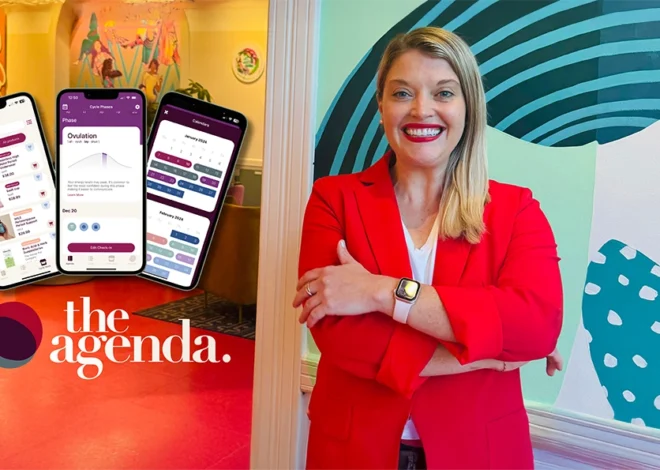Breast cancer is a scary diagnosis for a woman. If a loved one of yours has been diagnosed with breast cancer, she needs your love and support during this trying time. You may be frightened yourself, but for your friend or relative’s sake, you need to put on a brave face and offer to help her in any way possible.
Step 1
Be there for her. It sounds so very simple, but a lot of people tend to keep their distance when a loved one receives a tough diagnosis. Visit your friend regularly, both when she’s at home and if she has to spend any time in the hospital. Give her a phone call when you can’t see her in person. Don’t worry about not having anything to say or saying that wrong thing. Even if you are silent, your friend will appreciate that you took the time to see her.
Step 2
Try not to mention negative things, such as the fact that your great aunt recently died from breast cancer or that your friend is too young for breast cancer. Don’t compare her disease to anyone else’s and don’t try to give her examples of other survivors, as everyone’s disease is different and what worked for one patient may not work for another. Be empathetic, but don’t tell her you “know exactly how she feels.”
Step 3
Offer to perform specific tasks for her instead of asking how you can help. Tell her you can drive her to a chemotherapy treatment or doctor’s appointment. Take her dogs out for a walk several times a week. Prepare meals for her that freeze well and are easy to reheat. If you have the time and she’s amenable, clean up around her home for her. If you have the money, hire a house cleaner for the period she is receiving heavy-duty chemotherapy.
Step 4
Remember her children, if she has any. Offer to babysit them and take them out on a fun date, such as to an ice cream shop or the movies. Their mom’s illness is a rough time for them too.
Step 5
Take your loved one out on a friend date when she’s completed chemotherapy or on any day she feels well enough to go out. Share an activity she loves, such as shopping or going to the movies. You’ll help her forget about her treatment, doctor’s appointments and possible surgery, for a few hours at least.





